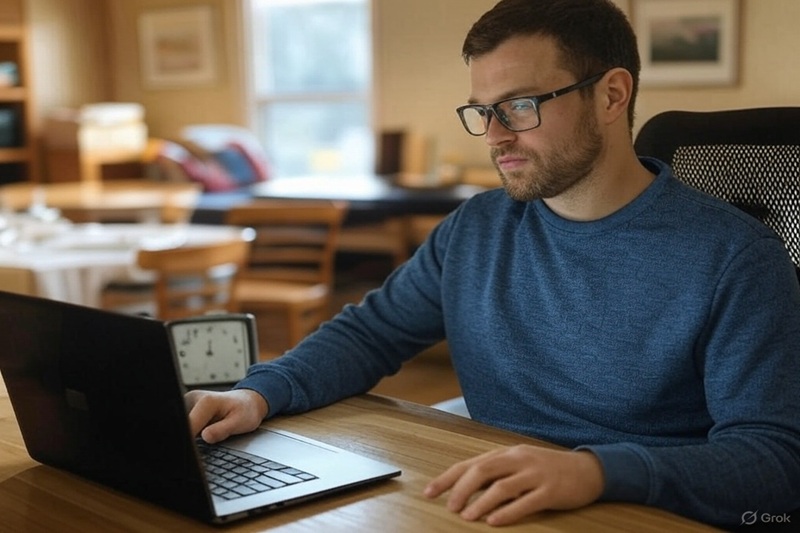
(C): Twitter
In today’s frantic world, the Japanese philosophy of Yutori provides a refreshing alternative to the hustle mentality. Meaning “room to breathe” or “leeway”, it is about introducing mental and temporal space in our lives in order to rest, reflect and simply be. While it was originally developed in a Japanese educational context to mitigate stress for students, Yutori has also expanded into lifestyle philosophy and supports well being, creativity and clarity at work and beyond. Given our increasingly interconnected world where burnout is endemic, Yutori is even more relevant today.
What Does “Yutori” Actually Mean?
Yutori is about space. Space in time, space in our minds. It means creating intentional space in your schedules and your thinking to allow for relaxation, daydreaming and space for creativity. Yutori pauses; give your mind space to recover from chronic stress.
How Does Yutori Protect Against Burnout?
Yutori begins with creating time for yourself and prioritising not doing for your health. Yutori can lower stress hormones (cortisol), increase focus and improve emotional resilience. Research shows that scheduled mental breaks enhance performance and decrease fatigue, underscoring Yutori’s consistency with an always-on culture.
Can Yutori Apply in the Workplace?
Absolutely. In the business world, Yutori promotes:
- Flexible break times and slower-paced project timelines.
- Zero-pressure environments and openness about having time out.
- Mindfulness in leadership: leading by being present rather than busy.
These habits create space for creativity, an opportunity for deeper thought and a sense of collective heightened morale.
How Do You Start Practising Yutori Daily?
- Plan a purposeful pause: it might just be 5 min to clear your mind.
- Declutter your environment and commitments.
- Say no to non‑essential demands.
- Have mindfulness rituals: quiet morning coffee, nature walks, etc.
Why Practise Yutori Now?
With demands for your time growing and constant distractions from digital devices, Yutori creates space for clarity, respite and emotional well-being. It’s not about being lazy; rather, it’s about creating intentional space that can derive outcomes of productivity and creativity with the benefit of a healthier lifestyle: thinking about your future self.







